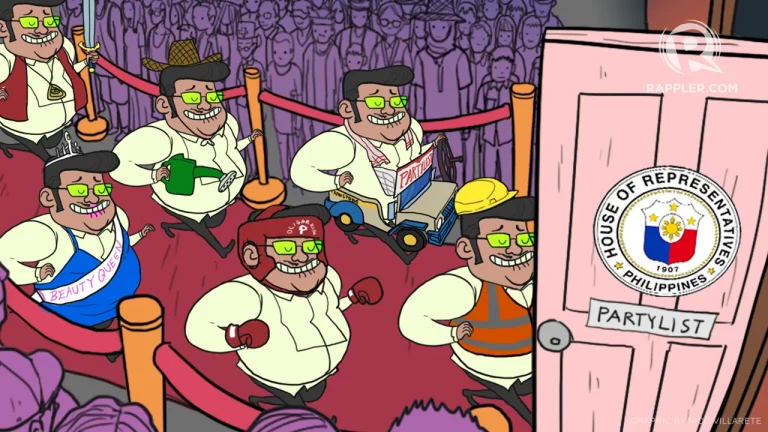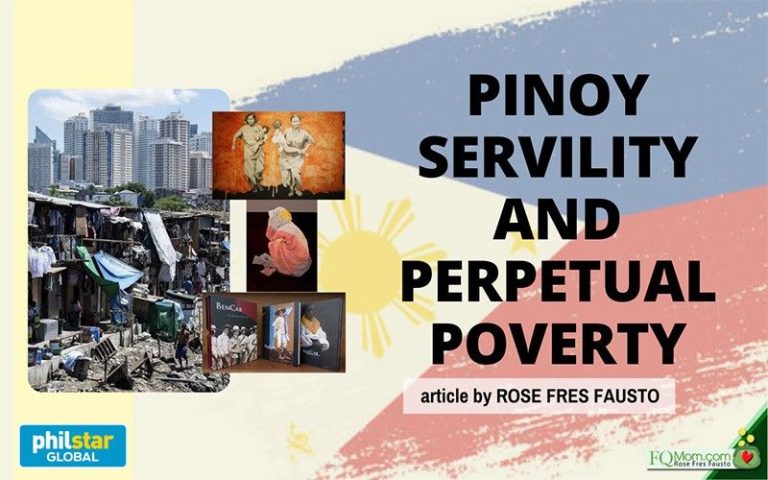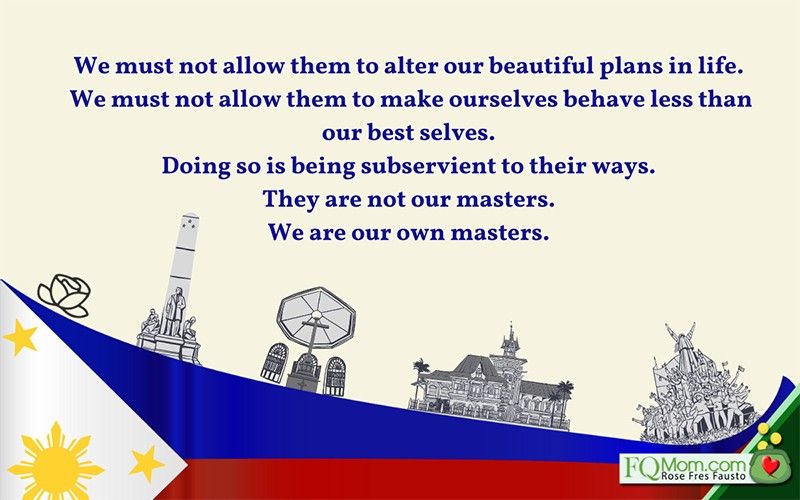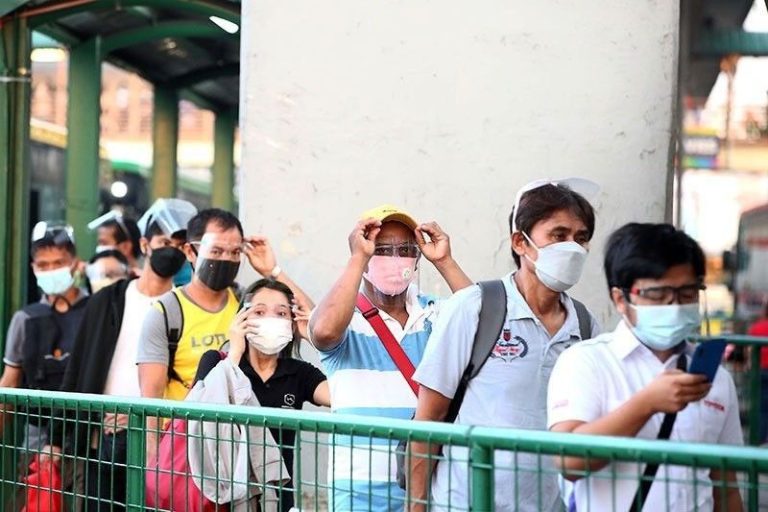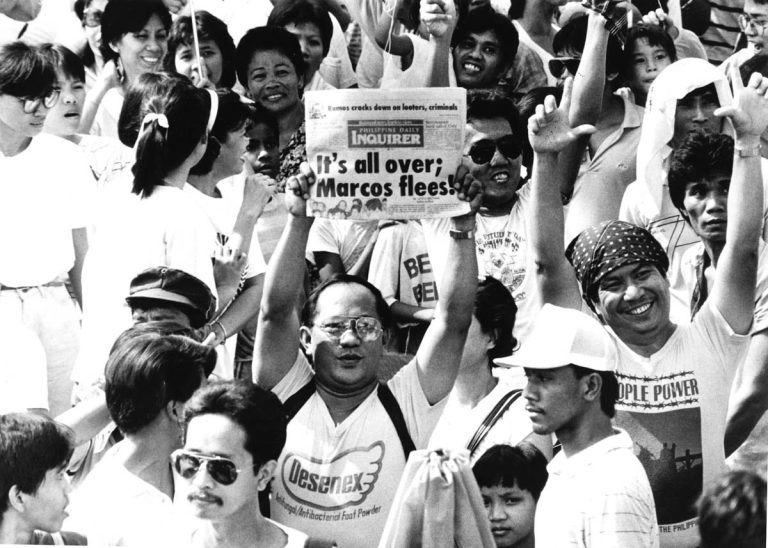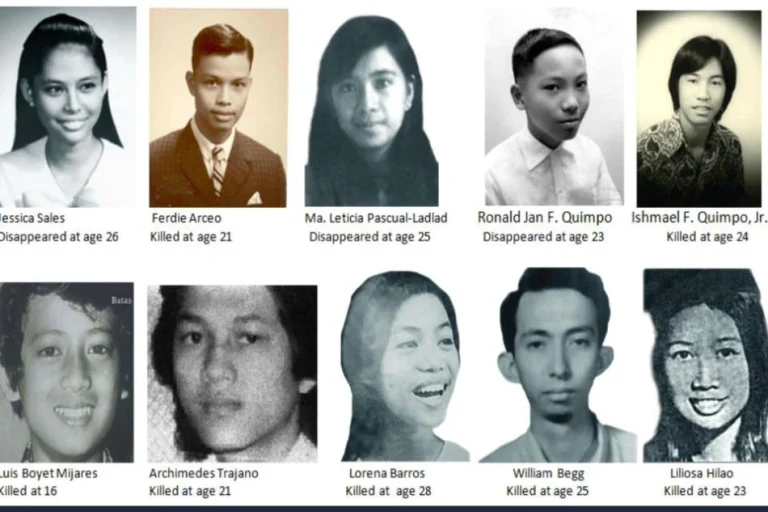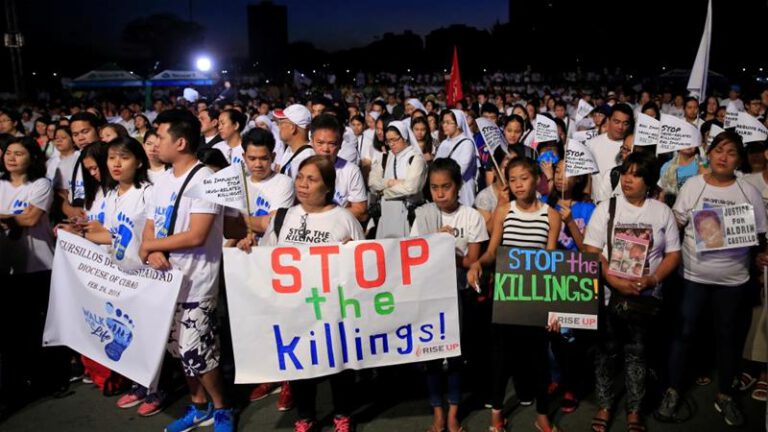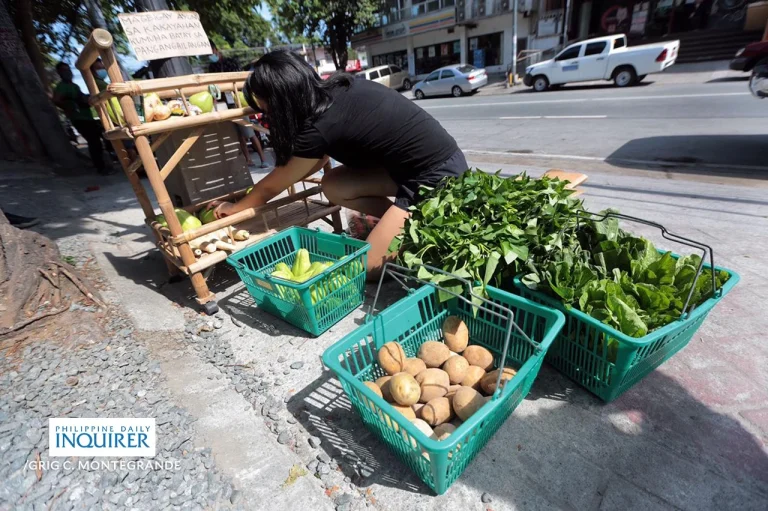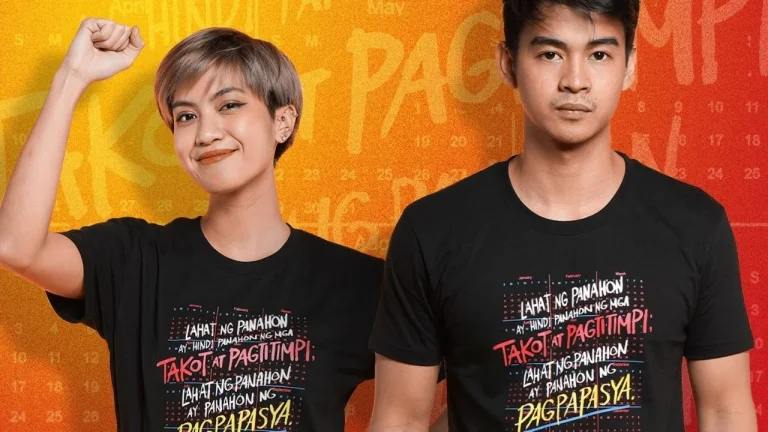May 30, 2022, Rappler.com
Hindi bababa sa 70 ng 177 party-list groups ay may mga nominee na konektado sa mga political clan
Noong 2019, malinaw na nagsimula na ang pagkalagas big-time ng base ng progresibong mga grupong party-list. Hindi man lang nakapuwesto ang Akbayan noon, na natalo sa kauna-unahang pagkakataon mula 1998. Nitong 2022, nabigo na naman itong bumalik muli sa Kongreso.
Ang Bayan Muna, na nakapagpanalo ng tatlong puwesto noong 2019 – ngayon ay zero sa unang pagkakataon mula 2001. Ganoon din ang Anak Mindanao o AMIN, at Magdalo.
Pero humahalakhak papasok ng Kongreso ang 15 bagong grupo. Papaano sila nakalusot?
Rewind muna tayo sa Konstitusyon ng 1987. Iniluwal ang konsepto ng party lists upang magtulak ng “proportional representation” – isang bagay na halos rebolusyonaryo sa pangako nitong magbibigay kapangyarihan sa nasa laylayan. Para sa mga aktibista, ang party-list system ang tugon sa hinaing ng marginalized sectors tulad ng manggagawa, magsasaka, maralitang tagalunsod, indigenous peoples, kabataan, kababaihan, at iba pa. Kinatigan ng Korte Suprema ang pananaw na ito noong 2001 nang sinabi nitong ang party-list system ay dinisenyo para makinabang ang mga kapos-palad – “to benefit those who have less in life” – at dapat ay eksklusibo sa “marginalized sectors.”
Nabaligtad ang ruling na ito noong 2013 kung kailan sinabi ng High Court na “national parties or organizations do not need to organize along sectoral lines and do not need to represent ‘any marginalized and underrepresented sector.’” Sabi ng mga mahistrado, hindi intensiyon ng 1987 Constitution na maging behikulo lang ito ng sectoral representation at ang tunay na papel nito’y magpayabong ng “proportional representation.”
Dahil sa 2013 ruling, naghari ang mayroong pera, makinarya, at balwarte. (BASAHIN: Marginalized? Abono, 1-Pacman, Ako Bicol are biggest ad spenders among party-list groups)
Tinawag ito ni Vec Alphora sa “The urgency for genuine party-lists” na “elite invasion of the party-list system.” Lahat ito’y nagaganap sa landscape na kung saan normal ang political turncoatism at naghahari ang mga dinastiya.
Naging takbuhan ang party-list system ng mga dating congressman, lalo na ‘yung mga talunan o naubos na ang termino. At siyempre pa, paano eeksena ang mga asawa’t anak kundi sa party list? Naging pangkaraniwan na rin na ang dating umano’y kinatawan ng isang sektor tulad ng agrikultura ay biglang representante na ng overseas workers. Ito rin ang takbuhan ng mga military at sibilyang appointee noong panahon ni Pangulong Rodrigo Duterte.
Ano ang resulta ng 2022 elections? Hindi bababa sa 70 ng 177 party-list groups ay may mga nominee na konektado sa mga political clan o nakaupong lokal o nasyonal na opisyal, ayon sa Philippine Center for Investigative Journalism (PCIJ).
Tinawag ito ng Convenor ng Kontra Daya na si Danilo Arao na “back door for politicians to perpetuate themselves in power.” Shortcut daw ito ng mga pulitiko (at angkan nila) na gustong manatili habambuhay sa poder.
Pero sabi naman ng mga nainterbyu ng PCIJ, hindi pa huli ang lahat at sa kabila ng pagiging “bastardized” ng sistema, kaya pa itong maireporma ng Kongresso, Korte Suprema, at ng Commission on Elections. (BASAHIN: Politicians, their spouses, siblings, and children pack the party-list race)
Ang problema, magkukusa ba ang lehislatura na hitik sa mga dinastiya at trapo na ireporma ang sarili at barahan ang access nila sa kapangyarihan? Parang hindi.
Sa totoo lang, nagawa ng higit pang nabulok na sistema ang hindi nagawa noon ni Sara Duterte noong siya’y meyor pa at pinapa-expel sa Kongreso ang mga miyembro ng Makabayan bloc.
Sinisisi ng mga progresibong grupo ang umano’y malawakang vote-buying, vote denial operations, at (ayon sa iba) electronic vote-shaving nitong 2016 at 2022. (Editors’ note: Walang ebidensiyang nagkaroon ng electronic cheating nitong dalawang nakalipas na eleksiyon.)
Sa 2019 opinion piece na “Rebuilding the Left’s shattered electoral base,” sinabi ni Emmanuel Hizon na kailangang ipaglaban ng mga progresibo ang puwesto nila sa hapag-kainan. Paano? Kailangan daw maibalik ang tunay na diwa ng party-list system.
May silver lining sa likod ng maitim na ulap, sa kabila ng pagkalipol ng cause-oriented na tropa sa lehislatura; dalawang eleksiyon mang talunan ang mga mulat; at nakaupo man ang isang Marcos sa Malacañang.
Umusbong din ngayon ang isang mayabong na pink movement na may malakas na 15 milyong base batay na rin sa mga botong nakalap in Leni Robredo. Ang problema, bigo pa rin ang maka-Kaliwang mga grupo na magpalapad ng impluwensiya sa hanay ng mga moderates.
Imperative na tigilan na ng cause-oriented groups ang sloganeering at lumang mga formula ng pakikibaka. Imperative din ang pagkakaisa sa hanay ng oposisyon – hindi ang unity ni Ferdinand Marcos Jr. – kundi isang principled and pragmatic unity na nagsaisantabi ng di-pagkakaunawaan at nagpapatingkad ng pagkakaunawaan. Kailangan ding aminin ng Kaliwa ang pagkakamali nito sa pakikipag-collaborate kay Rodrigo Duterte sa unang taon ng termino nito – lalong lalo na’t ito rin ang nakatikim ng pinakamalupit na bigwas. Kalakhan ng 421 na namatay na aktibista, human rights defenders, at grassroot organizers na tinumba sa panahon ni Duterte ay galing sa hanay ng cause-oriented.
Halimbawa, paano iigpawan ng mga grupong ito ang undervoting ng party list sa mga botante? Halos 16 milyon ang hindi bumoto nitong nakaraang eleksiyon ng kinatawan para sa party list. (BASAHIN 16M failed to vote for party-list, missed names on back of ballot)
Masidhi ang paghamon: lagpas na ito sa do or die, dahil resurrection na ang usapin ngayon para sa mga marginalized sector party list. Muli na namang napatunayan na kahit ang pinaka-progresibong ideya, nababaluktot at nabababoy ng patronage system. Ang dating bukal ng pag-asa na party-list system, ngayoy mabahong esterong bumubulwak ng tubig-kanal at burak. – Rappler.com
